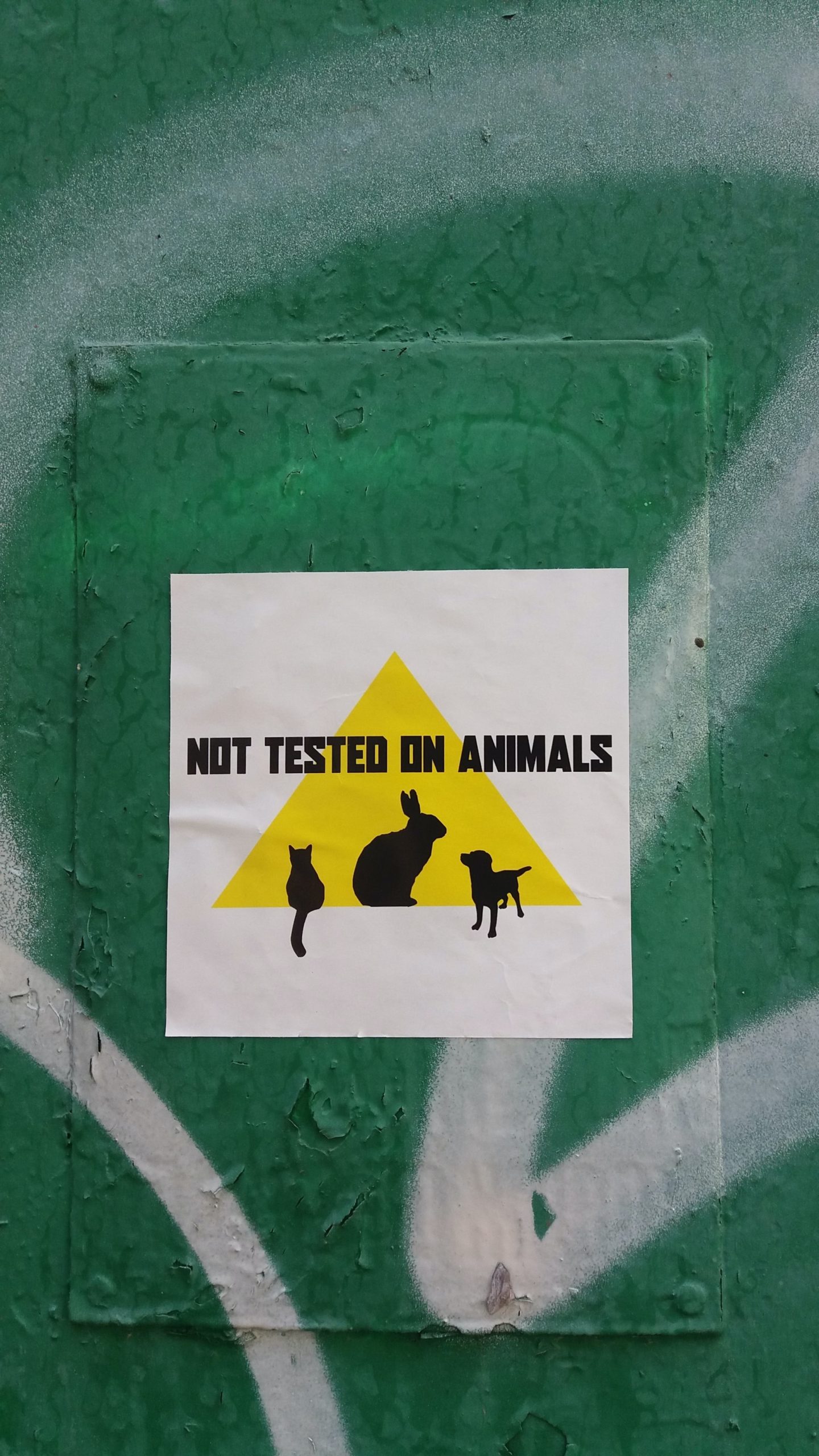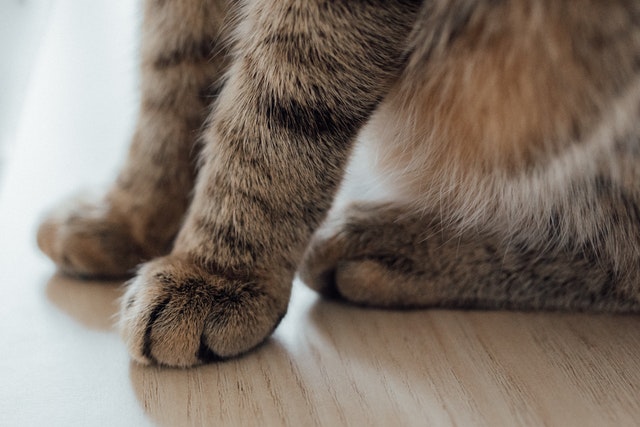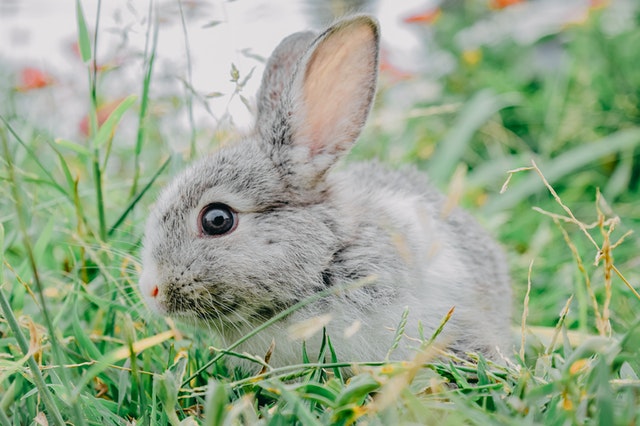When looking at your favorite little furry friend, cat, dog, bunny, etc., can you ever imagine doing anything to harm them? Animal testing subjects familiar animals and breeds to unnecessary and inhumane torture for the sake of profits.
According to the organization Cruelty-Free International, over 115 million animals, including dogs and cats, are subject to tests and abuse in labs worldwide. The best way to protest such practices is to purchase cruelty-free products. There are at least three reasons to support cruelty-free brands.
1. Animal Testing Is Unnecessary

While many brands, including cosmetics producers, claim animal testing is necessary to prove human safety and efficacy, this is a lie. There are over 7,000 ingredients producers can choose from to formulate their products that are deemed safe. The extensive list is more than enough to create many products, but producers want to make more money.
The only reason manufacturers still favor animal testing is for financial gains. If a company can find a new chemical or compound, it can call itself innovative, regardless of the uniqueness of the discovery. Animals are often mistreated in the pursuit of chemicals and compounds that act similarly or identically to other proven and known compounds, meaning testing is abuse for profit.
Additionally, alternative testing practices, including in vitro and computer model testing, are equally effective compared to animal testing and are frequently more advantageous. Animal testing is unnecessary.
2. Animal Testing Is Cruel

Many people do not realize the extent of the cruelty animals experience during testing. The animals are often locked in inadequately sized cages. They are blinded, maimed, tortured, and killed. Their lives are nothing but suffering and fear.
Governments worldwide are beginning to recognize the mistreatment, torture, and abuse of testing, placing bans on the practice. Israel, New Zealand, Norway, India, and the EU have banned animal testing. Unfortunately, the U.S. still allows the practice.
In many laboratories, beagles are favored as test subjects because of the breed's docile nature. In 2013, 67,772 dogs and 24,221 cats were subjects of tests. As with any other laboratory animal, these domesticated species were deprived of the fundamental rights we allow our pets.
Choosing cruelty-free products is not an immediate resolution to animal testing, but it does send a message to brands that consumers are against the practice. With enough focus and pressure from consumers about cruelty-free options, businesses, politicians, and brands might take a closer look at animal testing and reassess it.
3. Cruelty-Free Is Environmentally Friendly

Many consumers want natural products, items with fewer additives and formulated compounds. Truly natural products can have less impact on the environment when produced or eventually discarded. Average cosmetic products can lead to toxic interactions with the environment when washed down the drain or discarded.
Additionally, the parabens and sulfates used in many products can be harmful to you in the long term. They can lead to increased signs of aging and other skin issues.
Cruelty-free products are better for you, the environment, and animals. The number of animals residing in labs and subjected to abuse and neglect is staggering. You can make a difference.
Do you use cruelty-free products? If not, will you start?

